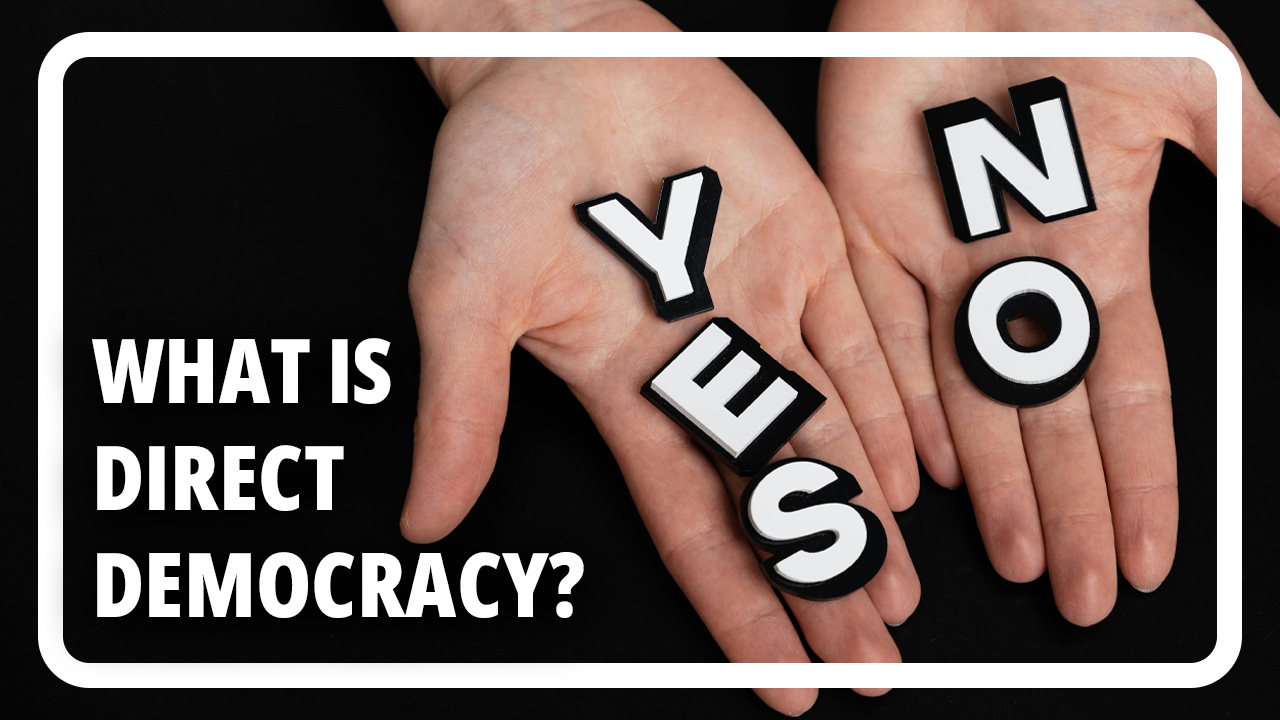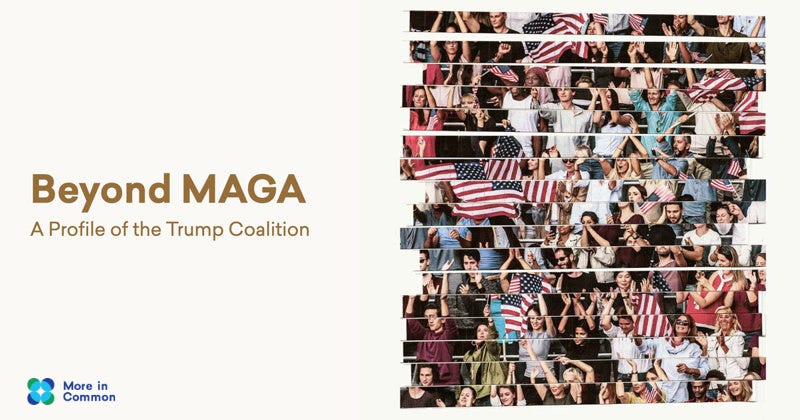
Subscribe to receive a biweekly collection of the hottest podcast episodes from the network, upcoming special events, expert features, and news from your favorite shows.
Subscribe to our NewsletterThe third episode of our Democracy’s Good News series takes us to New York City where we talk with American venture capitalist and author Patrick McGinnis. Host Jenna Spinelle talks with McGinnis about the relationship between democracy and business, how his upbringing in Maine charted a course for his line of work, and how we can harness the power of business to strengthen democracy.
Patrick McGinnis is an entrepreneur and democracy advocate who is best known for coining the term “fear of missing out.” He has advised startups around the world, sometimes in places where democracy isn’t as stable as it is in the U.S.
“I've worked in a number of countries where those things are either diminished or don't exist,” he said. “Having spent much of my career working in emerging markets as an investor in places like Argentina and Turkey where democracy has been so challenged, I started to see some of the things that I was worried about in those countries popping up in America and I thought it's time to do something before it's too late.”
And so through his podcast FOMO Sapiens and his efforts with the youth-led organization focusing on fighting political division BridgeUSA, McGinnis dedicated his platform to democracy reform across the United States.
“When I see an entrenched system that doesn't work, my first thought is, how do we disrupt this?” asked McGinnis. “And I also think, because I grew up in the state of Maine, where we enacted ranked choice voting so early… and where there is a different conversation where there is much more diversity of voices and the conversation is pretty cordial... I just thought to myself, well, we did it in Maine, why can't we do it in other places?"
McGinnis saw a parallel between pushing for change in the business world and creating a difference in the political world, and he plans on utilizing the power of business to stand up for the defense of democracy.
“It is that idea that we can harness the power of business people (who) are good at solving problems — that’s what they do,” he said. “Take that mindset and bring it into the political sphere and match it with all these other people who really understand politics and bring that together… you can do big things.”
Click here to listen to the episode. You can watch the interview here. To learn more about Patrick McGinnis, check out his podcast FOMO Sapiens.

Can electric cars weaken the already-devastated effects of climate change? Why lithium-ion batteries and solar cells creators are hesitant to employ the same technology? This episode discusses why climate justice is both ethically the right path and also reaps global economic benefits.

Your go-to podcast for everything ranked-choice voting! If you’re not familiar with ranked-choice voting, I recommend reading this first. This episode talks about the Ranked Choice Voting Resource Center’s state-by-state analysis of the voting systems used by all 50 states and Washington D.C. and provides an overview of what will be needed for any jurisdiction to implement RCV.

This is a great episode that explores the overlapping intersection of the business and political worlds, more precisely the tech industry. From being an editorial columnist at the Harvard Crimson to a political analyst on CNN, technology executive Lucy Caldwell reflects on her political journey, where her passion has taken her, and offers insightful thoughts into the world of politics.

The first season of Democracy Decoded is dedicated to exploring decoding money in politics and the public finance system, but my favorite is episode 3 where host Simone Leeper honed in on how big money spending impacted local communities. One of the stories in the episode talks about the BadAss Grandmas (whose official name is North Dakotans for Public Integrity) and how they banded together to address corruption and bring real change to their state.

Demos is a non-profit public policy organization working to build a just, inclusive, multiracial democracy and economy. Drawing from her education in Philadelphia, Demos President Taifa Butler reflects on the themes throughout her upbringing that kickstarts her career as a public servant and ultimately nurtures her love and involvement in public policy — women empowerment and the embracement of diversity.

Fresh out of COVID, California, like many other states, now has to deal with homelessness, transportation, climate change, and other major issues as the economy reels from a pandemic, recession, and millions of jobs lost. With many assets on its side like diversity, tropical weather, tourism, and Hollywood, will these economic drivers be enough to boost California’s economy back to pre-pandemic prosperity?

The Leadership Now Project is an organization of business and thought leaders taking action to protect and renew American democracy. Leadership Now Project CEO and Co-founder Daniella Ballou-Aare joins this episode in diving into U.S. businesses’ role in protecting, advancing, and participating in our democracy and why 2024 is a crucial time to do so. She also addresses this question: How much exactly does business intertwine with American politics?

There are several macroeconomic implications besides rising prices that come with inflation — less consumer purchasing power, shifts in the labor market dynamic, and supply chain concerns. I found this episode extremely digestible for someone who is often lost in economic lingo (me!) and cannot recommend this enough for listeners wanting to see real-life impacts of economic legislation.

Digital labor organizing is a tool that has helped won wage increases, scheduling reform, and parental leave benefits. In an economy where almost all Americans are currently “at-will” employees, meaning they can be fired at any time without cause, these digital tools give works a say in their working conditions, industry standards, and negotiating their wages.

Corporate leaders and brands are now held to higher ethical standards than they were before. Most recently, Starbucks is facing global consumer boycott as its stance in the Israel-Hamas war is met with criticism. This episode discusses while the sole responsibility of businesses is to increase profits, they also have to do it within ethical bounds and know when to take a stand.
Subscribe to receive a biweekly collection of the hottest podcast episodes from the network, upcoming special events, expert features, and news from your favorite shows.
Subscribe to our Newsletter
What is direct democracy, and how does it give citizens the power to shape laws directly? Learn how referendums and ballot initiatives work, their pros and cons, and how they impact civic engagement and political polarization in the United States and beyond.
Read Post
More in Common Research Manager Paul Oshinsk breaks down the report’s findings and shares insights into what motivated Trump voters
Read Post